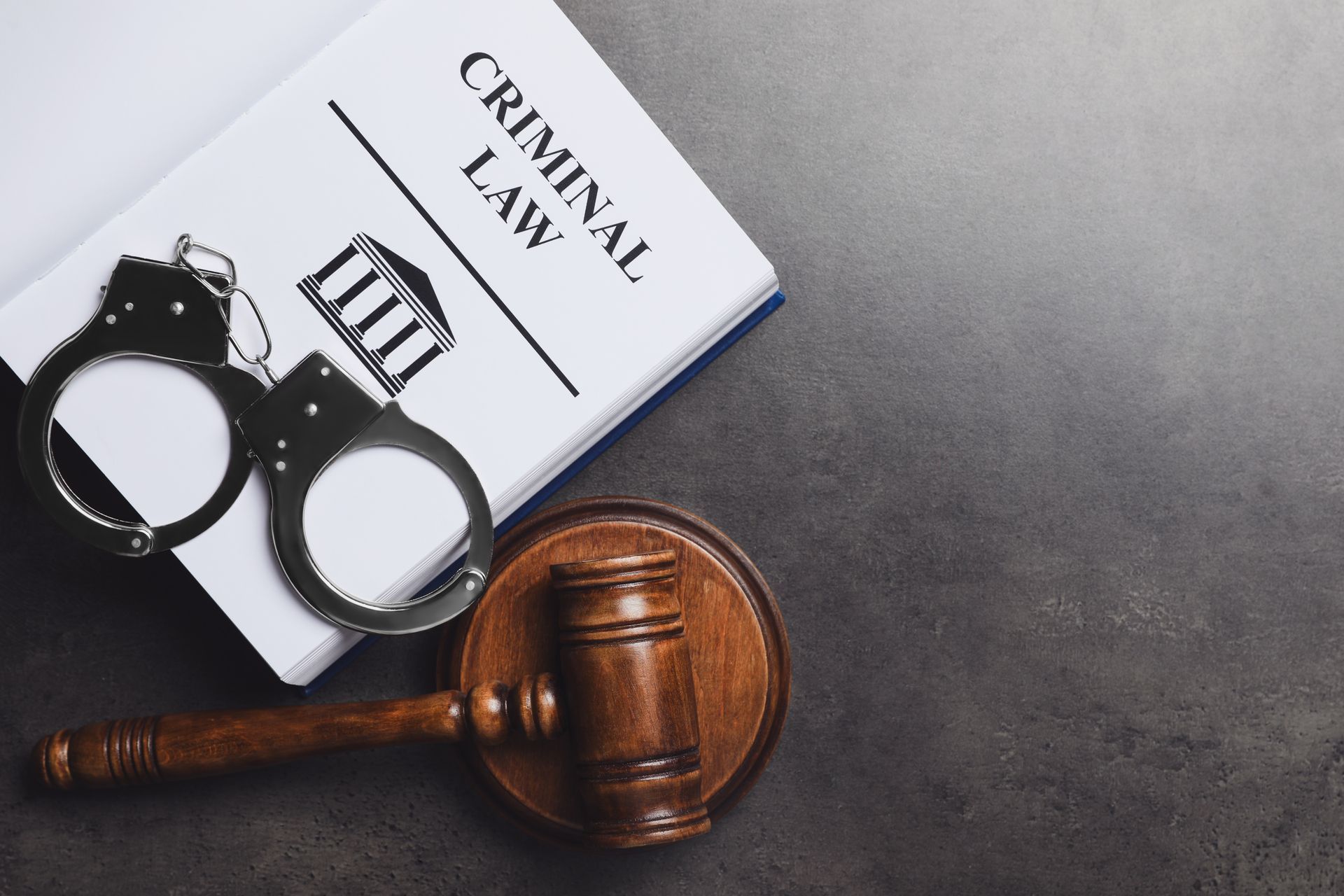Location
2901 S. Carlson Drive
Suite 315
Hammond, Indiana
Hours
- Mon - Fri
- -
- Sat - Sun
- Closed
What to Expect When Selling Your Business
What to Expect When Selling Your Business
Business owners spend most of their time focusing on increasing the value of their business. So when the time comes to sell, getting the best price is often very important, but it's only one aspect of the transaction. You need to take specific legal steps to ensure the process goes smoothly.
Luckily, most business sales follow a well-defined set of steps, and you can enlist the help of an experienced lawyer to ensure that you and the buyer meet all requirements and legal obligations.
Here is what to expect when you sell your business.
The Six Legal Steps for Selling a Small Business
Deciding to sell your small business marks the end of your efforts to build a valuable company. However, it is only the start of the legal process. Here is what you can expect to happen after you decide to sell and start discussions with the potential buyer.
1. Initial Valuation and Declaration of Intent
The first step to selling a small business is the declaration of intent. This is normally done through a letter or advertisement in which you announce your intention to sell a business. This step begins the sales process and turns the negotiations from casual discussion into serious deal-making.
Often, a seller has already discussed the sale with potential buyers before drafting the letter of intent. However, the publishing of this declaration makes the negotiations more formal.
Basically, the letter of intent outlines the terms for the sale. Though there is room for negotiation, it is important to have a reasonable valuation in mind before starting this process.
A professional business appraisal can be worthwhile. Appraisers may find additional value in your company. While they will count assets, sales, and projections, they can also measure intangibles. For example, the expertise of employees or the efficiency of processes in the business can give the company an edge in the marketplace.
In addition to the purchase price, the letter of intent outlines other steps needed to complete the sale.
A letter of intent is not legally binding. The sale does not take place until both parties sign a legal purchase agreement. However, you cannot advertise the business or negotiate to sell it to anyone else.
The Due Diligence Process
After the initial letter of intent, you must give the buyer access to your business records. The buyer can then perform their due diligence and get a clear picture of what they are buying. They can use this information to decide whether or not to continue with the sale and negotiate a different final price, if necessary.
As the seller, you must produce financial records, including sales reports, profit and loss statements, current business contracts, loan and debt information, and other documents relating to existing business agreements and expenditures.
Depending on the type of business, the due diligence process can also include inspecting any physical sites and observing operations.
In addition to helping with decisions about the final sale, due diligence protects you from future lawsuits. Providing full access to records means the buyer has all the information necessary to make a decision about the sale. You can then prove that any errors happened because of the buyer's mistakes, not your lack of transparency.
Meeting Local and State Requirements
In addition to general steps for the sale of a business, some local and state governments have additional requirements for the sale of a company. These steps can vary from place to place. In some cities, you may need to transfer a license or permit or prove that the buyer has qualified employees to handle specific regulated tasks. You can meet these requirements at the same time as you work on the due diligence and purchase agreement phases of the process.
Again, professional legal advice can be valuable during this part of the sales process. Failure to meet local requirements can delay the sale or cause additional legal issues after the transfer of ownership.
Some industries also have financial or regulatory reporting requirements. You may need to notify the regulatory agency that gets these reports of a change in ownership.
Signing the Purchase Agreement
After the buyer has all the information they need, you can begin negotiations and write a final purchase agreement. This document sets the actual sales process in motion.
Most business owners rely on a lawyer to draft the purchase agreement because it is a legally binding document.
Purchase agreements go into great detail. They include the price and a complete list of what is being sold. It also transfers any liabilities and commitments associated with the business from the seller to the buyer.
You can also include any agreements about current employees and relationships with clients, suppliers, and other third parties.
Once both sides are happy with all the details, you and the buyer sign the purchase agreement. This step makes the sale official and sets the final phase of the transaction into motion.
Receiving Payment or Arranging Financing
The purchase agreement will include details about payment. Buyers may obtain financing, pay for the business in installments, or use cash or loans to make a one-time payment for the business. Ideally, the payments will happen smoothly and quickly. You will likely need to enlist the help of a lawyer to deal with any payment delays or issues.
Final Transfer of Ownership
The final round in the process is the actual transfer of ownership. If you have handled the previous steps correctly, the actual transfer of ownership is a formality that involves signing official documents.
Additional documents you usually have to sign at this time include the following:
A confidentiality agreement that keeps both sides from disclosing privileged information that could compromise future business dealings- A personal financial statement from the buyer that shows their ability to make the agreed-upon payments
- A financing agreement that details the payment plan for the transaction
- Any local or state-required registration, name change, reporting, or licensing documents
With the right type of legal advice and a methodical, step-by-step approach to the sale of your business, you can enjoy a smooth (and hopefully profitable) process.


Schedule a Case Evaluation
Contact us now!
Homepage FCE Form
We will get back to you as soon as possible.
Please try again later.
By submitting this form, you agree to be contacted by our law firm, either by phone, text or by email.
Hours
- Mon - Fri
- -
- Sat - Sun
- Closed
Hammond Office
2901 S. Carlson Drive
Suite 315
Hammond, Indiana
South Bend Office
1251 N. Eddy St.
Suite 200, Room 28
South Bend, Indiana, 46617
Contact Information
Phone: 219-281-6166
Tippecanoe County Office
101 Foundry Drive
Unit 1200
West Lafayette, IN 47906
Allen County Office
116 E. Berry St.,
Fort Wayne, IN 46802
Disclaimer: The information on this website is for general information purposes only. Nothing on this site should be taken as legal advice for any individual case or situation. This information is not intended to create, and receipt or viewing does not constitute an attorney-client relationship.
All Rights Reserved | Justin Camper Law, LLC | Powered By Convert It Marketing | Privacy Policy
All Rights Reserved | Justin Camper Law, LLC | Powered By Convert It Marketing | Privacy Policy






